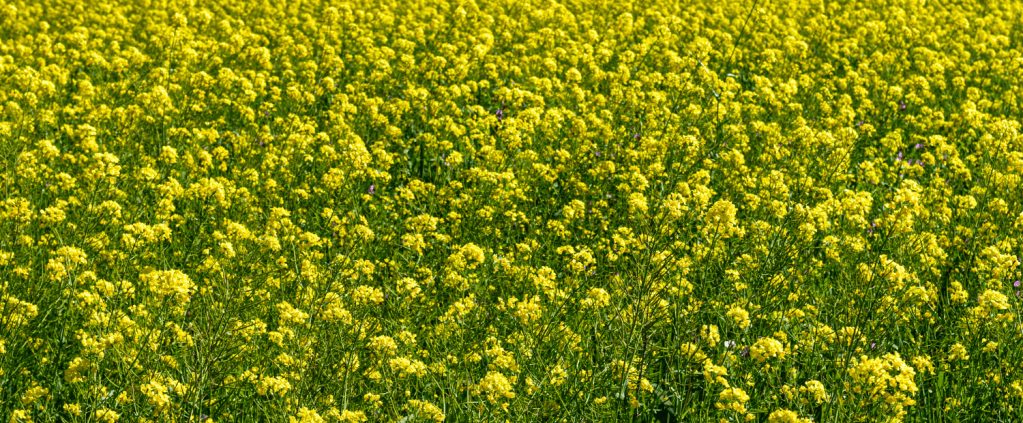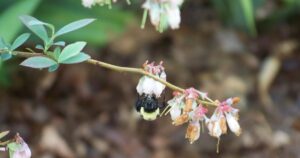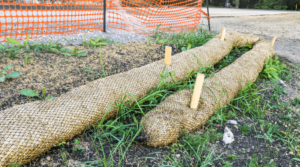
CA Cover Crops v2 1024x423.png
In the San Joaquin Valley, where groundwater challenges are more common than ever, every last drop of water counts. According to a new study, growers can increase soil water infiltration by 40% and reduce runoff by 40% by planting cover crops, even if those crops require a small amount of additional water to establish.
Karen Ross, Secretary of the California Department of Food and Agriculture since 2019, says the benefits of cover crops — which don’t generate traditional income — are far greater than the cost of planting and watering them. “Cover crops supply a host of benefits, such as helping to protect against soil erosion, improving soil health, crowding out weeds, controlling pests and diseases, and increasing biodiversity, and they can bring increased profitability as the number of other inputs are reduced,” she explains.
A new report, “Cover Cropping in the SGMA Era,” helps outline some of those benefits. Arriving 10 years after Governor Jerry Brown helped introduce the Sustainable Groundwater Management Act, “Cover Cropping in the SGMA Era” compiles the research and recommendations of more than 30 scientists, farm advisors, college professors, and USDA professionals. The result is an 89-page report that emphasizes cover crops’ ability to reduce soil erosion, improve soil health, help mitigate climate change, and nearly double water infiltration. You can read the paper here.
Although cover crop acreage remains low in areas like the Sacramento Valley, professionals like Sarah Light — agronomy advisor at the University of California Cooperative Extension, as well as one of the report’s authors — urge hesitant growers to consider making a change, especially those working within SGMA’s guidelines.
“Cover crops are a valuable soil health practice that can help ensure the resilience of California farms to climate extremes,” she says. “As we balance the complexities of water and soil management, it is important to understand the role that cover crops play in an annual water budget so that they are not disincentivized in certain parts of the state. This paper can provide guidance to GSAs and policymakers who are charged with implementing SGMA in their regions.”
Looking for the best cover crops for your growing operation? Give us a call today or visit one of our supply centers.
Related
Source link
2024-07-03 10:35:01
Originally posted 2024-07-10 11:33:28.
Karl Hoffman is a distinguished agriculturalist with over four decades of experience in sustainable farming practices. He holds a Ph.D. in Agronomy from Cornell University and has made significant contributions as a professor at Iowa State University. Hoffman’s groundbreaking research on integrated pest management and soil health has revolutionized modern agriculture. As a respected farm journalist, his column “Field Notes with Karl Hoffman” and his blog “The Modern Farmer” provide insightful, practical advice to a global audience. Hoffman’s work with the USDA and the United Nations FAO has enhanced food security worldwide. His awards include the USDA’s Distinguished Service Award and the World Food Prize, reflecting his profound impact on agriculture and sustainability.





